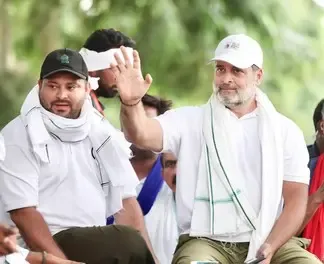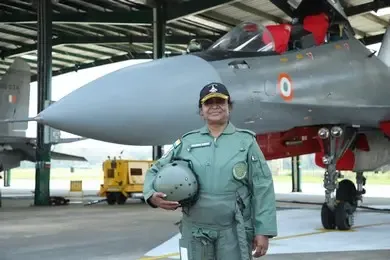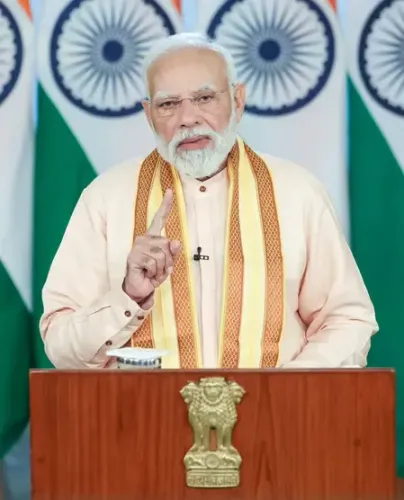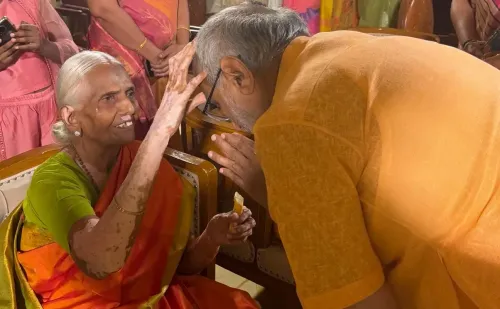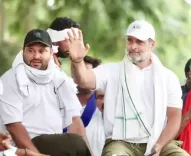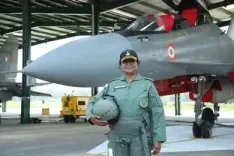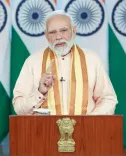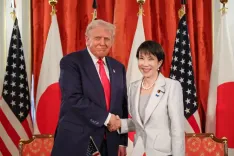Will Former ISRO Chief Kasturirangan Be Honored in Bengaluru Today?
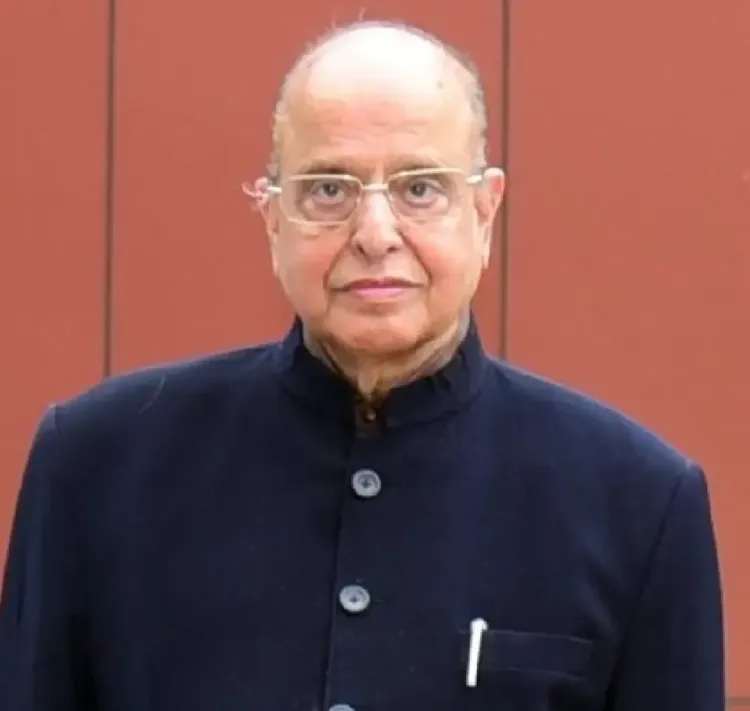
Synopsis
Key Takeaways
- Kasturirangan was a transformative figure in India's space program.
- His leadership led to significant successes, including PSLV and GSLV milestones.
- He played a crucial role in shaping India’s New Education Policy.
- His contributions extended beyond ISRO, impacting national initiatives.
- Kasturirangan's legacy of excellence will inspire future generations.
Bengaluru, April 27 (NationPress) The former Chairman of the Indian Space Research Organisation (ISRO) and Padma Shri awardee K. Kasturirangan (84) will be honored with a state funeral in Bengaluru today.
Chief Minister Siddaramaiah and Deputy Chief Minister D. K. Shivakumar are set to pay their final tributes to Kasturirangan.
Members of the public will have the opportunity to pay their last respects at the Raman Research Institute in Bengaluru from 10 a.m. to noon.
Kasturirangan passed away on Friday at his home in Bengaluru.
V. Narayanan, Chairman of ISRO and Secretary of the Department of Space (DOS), expressed his condolences, stating, "We are deeply saddened. Our beloved leader, one of the greatest visionaries who laid the groundwork for India's space program, K. Kasturirangan, is no longer with us. My journey with him began in 1988 when I joined IIT Kharagpur for a program."
He went on to recall, "Within a month, IRS-1A completed its first 100 days in orbit. A Doordarshan program titled 'Eye on the Sky' featured a 40-minute interview with Kasturirangan. His words about elevating ISRO were truly inspiring. Despite being distant from ISRO, I felt a connection as if I was contributing."
He continued, "While in Moscow for the cryogenic program's technological acquisition, I had the privilege of being a part of the delegation with then-Chairman U.R. Rao. I was fortunate to spend three days with Kasturirangan during this trip. Although I was just an SD engineer, his approach to reviews and inquiries made a lasting impression on me. It was evident that he was destined to lead ISRO one day."
"Thanks to Kasturirangan's remarkable contributions, we now boast a world-class satellite center. During his decade-long leadership, every venture turned into a triumph - a series of successes," Narayanan remarked.
He noted, "Before Kasturirangan's leadership, PSLV D1 faced failure. Following his assumption of the role, PSLV and GSLV configurations reached significant milestones. In 1995, the indigenous cryogenic project was approved under his guidance."
Narayanan added, "Kasturirangan always prioritized merit. The remarkable growth of ISRO during his tenure is well-known. When he visited the Liquid Propulsion Systems Centre (LPSC) after taking charge, there was a lack of established mathematical modeling or simulation for liquid propulsion systems. He inquired, 'Where is the modeling and summarization?' That was when these activities truly commenced."
"There was a setback with the one-tonne engine project, and I was dispatched to Russia for discussions, which were not easily forthcoming. I had to stretch the truth to my superior because I was warned that a second failure could cost me my job. A Russian mentor visited us at 3 a.m., bypassing security, and stayed until 8 a.m. to assist. Upon my return to Bengaluru, I briefed Kasturirangan. What was meant to be a 10-minute briefing evolved into a 3-hour discussion," Narayanan shared.
"His contributions extended far beyond ISRO. His involvement in shaping India's New Education Policy and other national initiatives was extraordinary," he emphasized.
"I can't disclose everything publicly. Honestly, I felt like family to him. He had a pooja room adorned with images of gods and goddesses, and he would invite me to visit before our meetings," Narayanan fondly recollected.
Reflecting on more recent memories, he shared, "After I became Chairman of ISRO, I visited him with my family to seek his blessings. At a point, I heard he was gravely ill in the ICU. After three weeks, he insisted on returning home, and when I visited, he surprised us by greeting us in trousers like a young boy, hugging us warmly. It was hard to believe that someone so ill could regain such vitality. That remains my last memory of him."
"Kasturirangan's impact on PSLV, GSLV, and satellite configurations is immense and cannot be summarized in a few pages. He was a man of integrity and compassion. His passing is a monumental loss for ISRO's 20,000 employees and the entire nation," Narayanan concluded.
"Following the setback of Chandrayaan-2, we submitted a report to the national-level committee. I chaired that committee and was tasked with briefing Kasturirangan for 15 minutes. Instead, the discussion extended to nearly four hours. He listened attentively and asked just one question: 'How long have you been in the satellite domain? You are a launch vehicle specialist.' He reassured me that Chandrayaan-3 would succeed—and it did," Narayanan summarized.

